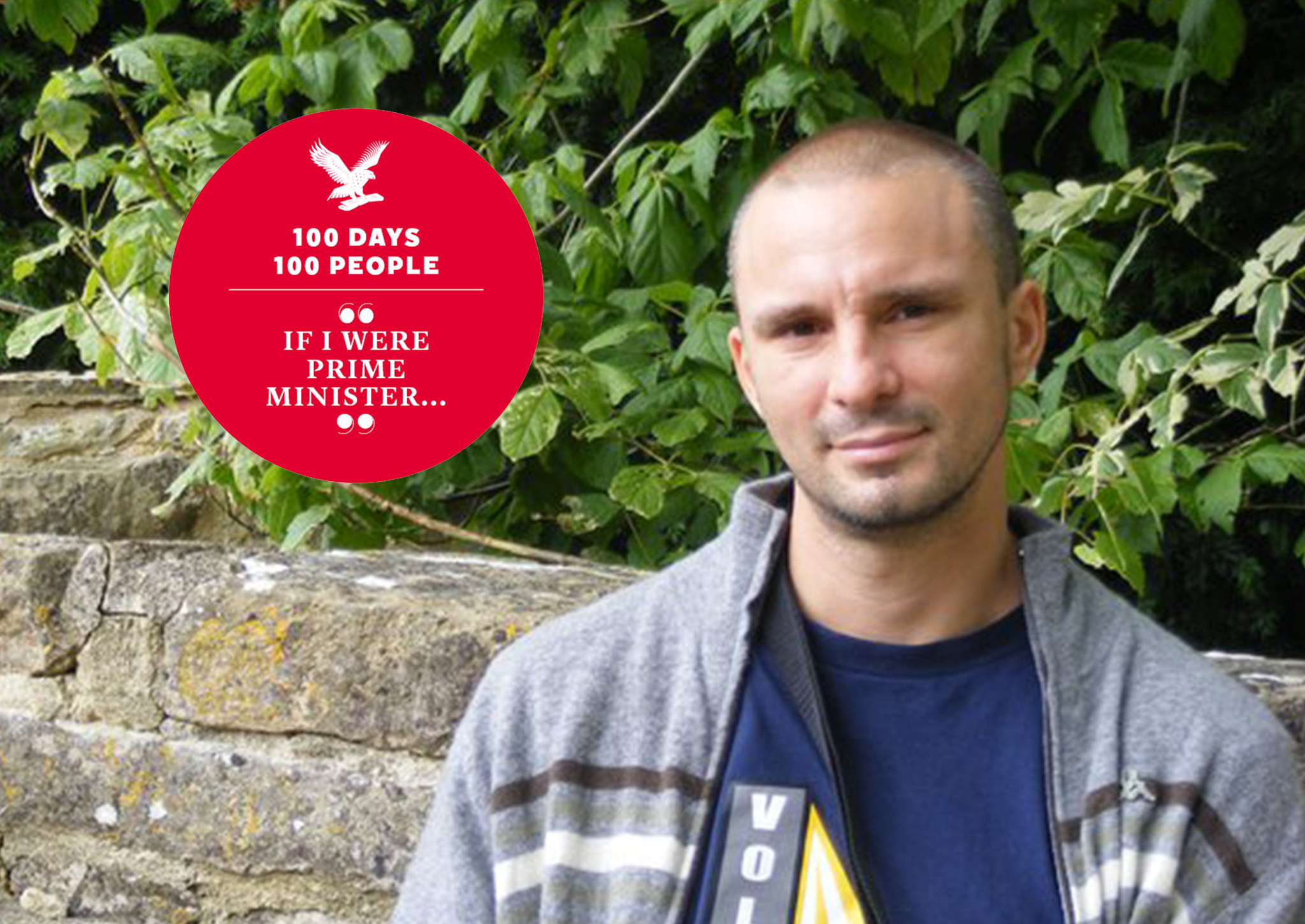If I were Prime Minister: Banks would no longer be able to create their own money out of thin air
Our series in the run-up to the General Election – 100 days, 100 contributors, but no politicians – continues with the writer and activist

Your support helps us to tell the story
From reproductive rights to climate change to Big Tech, The Independent is on the ground when the story is developing. Whether it's investigating the financials of Elon Musk's pro-Trump PAC or producing our latest documentary, 'The A Word', which shines a light on the American women fighting for reproductive rights, we know how important it is to parse out the facts from the messaging.
At such a critical moment in US history, we need reporters on the ground. Your donation allows us to keep sending journalists to speak to both sides of the story.
The Independent is trusted by Americans across the entire political spectrum. And unlike many other quality news outlets, we choose not to lock Americans out of our reporting and analysis with paywalls. We believe quality journalism should be available to everyone, paid for by those who can afford it.
Your support makes all the difference.Billy Connolly once said: “The desire to be a politician should ban you for life from ever being one.” I tend to agree with the big man but, assuming for the sake of this article, that I was megalomaniacal enough to want to be PM – and the country masochistic enough to have me – this is what I would do.
I would start by trying to turn the tide of British politics away from corporatism, neo-liberal capitalism and growth economics and towards a more equal, environmentally-centred economy with a healthier balance between business and state. This might sound like trying to defy the tide, you might say. But hey, if you’re going to get your fifteen minutes as PM, you might as well aim big.
How do you eat an elephant? One bite at a time. There are small steps that we can take immediately to stop our country's ever-increasing inequality, corporate power and environmental destruction, all of which go hand in hand.
Economically I would start by (finally) updating the Bank Charter Act of 1844 to include electronic money. At the moment the Bank of England has exclusive note-issuing powers, but only for paper money.
One of the main reasons for our spiralling debt is that private banks still have the power to create new money electronically every time they make a loan – money which is literally created out of thin air, as debt. It is the need to constantly make more money to pay off this ever-mounting debt (by creating new debt) which powers our current model.
By updating the Bank Charter Act, only the Bank of England would have the power to create new electronic money and would use this in the interest of the economy as a whole, and not just a handful of fat cat shareholders.
The neo-liberal experiment has failed. The near bankrupting of the world economy during the global depression was its death knell. It’s time we faced up to this and moved on.
Rampant corporatism is the only factor still driving our current system forward, and it needs to be curbed. I would start the process by pulling the UK out of the Transatlantic Trade and Investment Partnership (TTIP) a trade agreement with the US which threatens not only our NHS but our very democratic sovereignty.
Neo-liberalism promised prosperity to all levels of society by wealth trickling down from the top earners. Instead what we see, via austerity and bank bailouts, is the opposite – the bottom half of society propping up and funding the wealthiest half, leading to spiralling inequality.
I wouldn’t end austerity per se – we need to pay off the country’s almost mind-blowing levels of debt – but I would switch the onus so everyone is contributing their fair share.
I would start with a billionaire’s tax and a war on tax evasion, seeking to recoup some of the £20bn+ lost a year. I would use this – plus the £100bn+ earmarked for trident – to start investing in green power and infrastructure, creating new jobs and new wealth. This would start the move away from a banking and service based economy, but also provide the first steps in the biggest challenge facing our generation – the fight to save the Earth from global warming.
Join our commenting forum
Join thought-provoking conversations, follow other Independent readers and see their replies
Comments